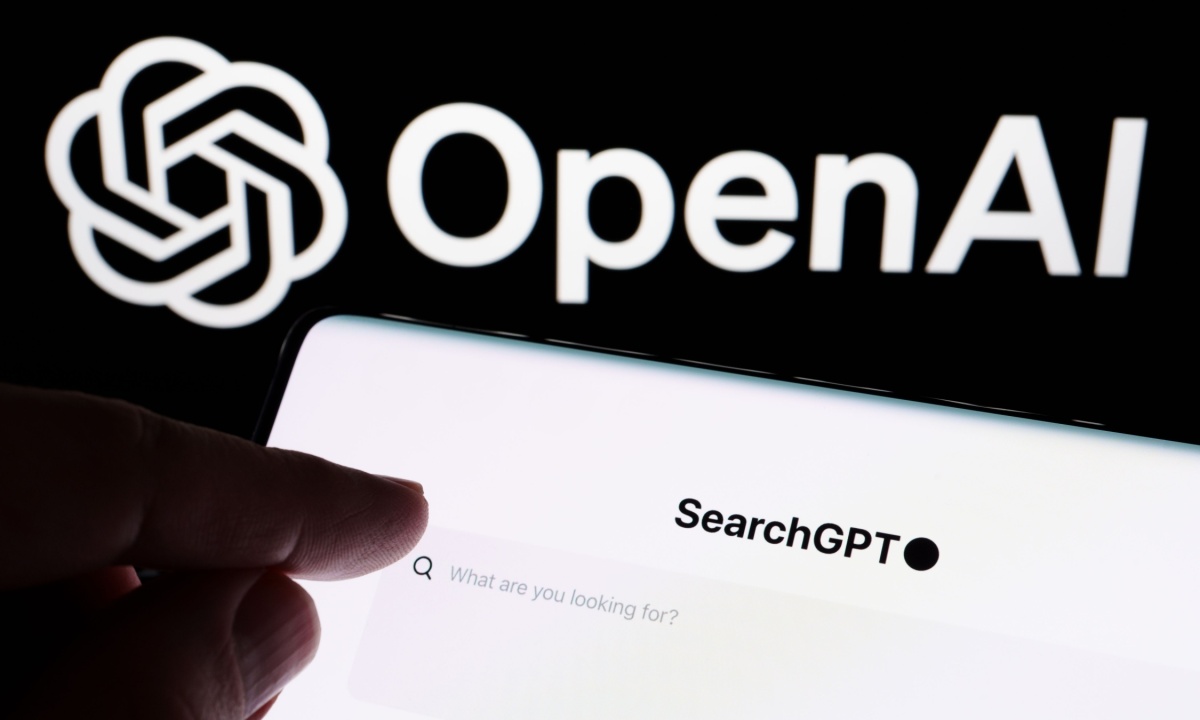Bussiness
Google is losing its status as a verb
About 20 years ago, Google reached an important milestone. The Merriam-Webster dictionary added “Google” as a verb to mean searching for something on the web.
This was incredible news for the company. It had become so ubiquitous that it was now baked into the vocabulary of our culture and society. The rest is history. Google went on to become one of the world’s most profitable and powerful corporations.
Today, though, this special status has begun to slip.
“So long Google, the verb,” wrote Mark Shmulik and fellow internet analysts at Bernstein Research in a note to investors. “Younger audiences are ‘searching’, not ‘Googling’.”
This revelation was a top finding in a new Gen Z study the analysts published on Friday. Born in the years 1997 to 2012, this generation was the first to experience their whole lives online, with many going straight to smartphones and apps to access the internet, rather than desktop computers and web browsers.
Now, Gen Z consumers are growing up and becoming important parts of the economy. They’re changing the way things are done, which will create new winners and losers.
“Gen Zers, and especially Gen Alpha, barely use Google as a verb anymore, they simply say to ‘search it’,” Shumlik and colleagues explained. “For those with teenage kids try asking them to find something online and describe what they’re doing while they’re doing it to see what they say.”
Instead, Gen Z often hit up their TikTok app to see restaurant and hotel recommendations. Or they’ll see a creator they admire pitch a new product that excites them and go directly to that brand’s app or website, the analysts explained.
Should Google be worried about this “de-verbing,” as the analysts put it?
It might be concerned because when you’re no longer a verb, that suggests you’re no longer ubiquitous. That’s not so good. Does anyone remember Yahoo’s “Do you Yahoo?” ad campaign? Probably not. And you probably stopped “Yahooing” in 2005.
But, Google was actually not happy about becoming a verb at the time. That’s because if your company or product name becomes too ubiquitous, it gets hard to trademark. See what happened to “aspirin” in the last century. So maybe Google is happy it’s no longer a verb with the young folk?
I asked Shmulik and this is what he said.
“I feel like being a verb matters in internet given scale/network effects and a technology advantage,” he wrote in an email. “I think if you de-verb now it’s because tech and user behavior has moved forward.”









